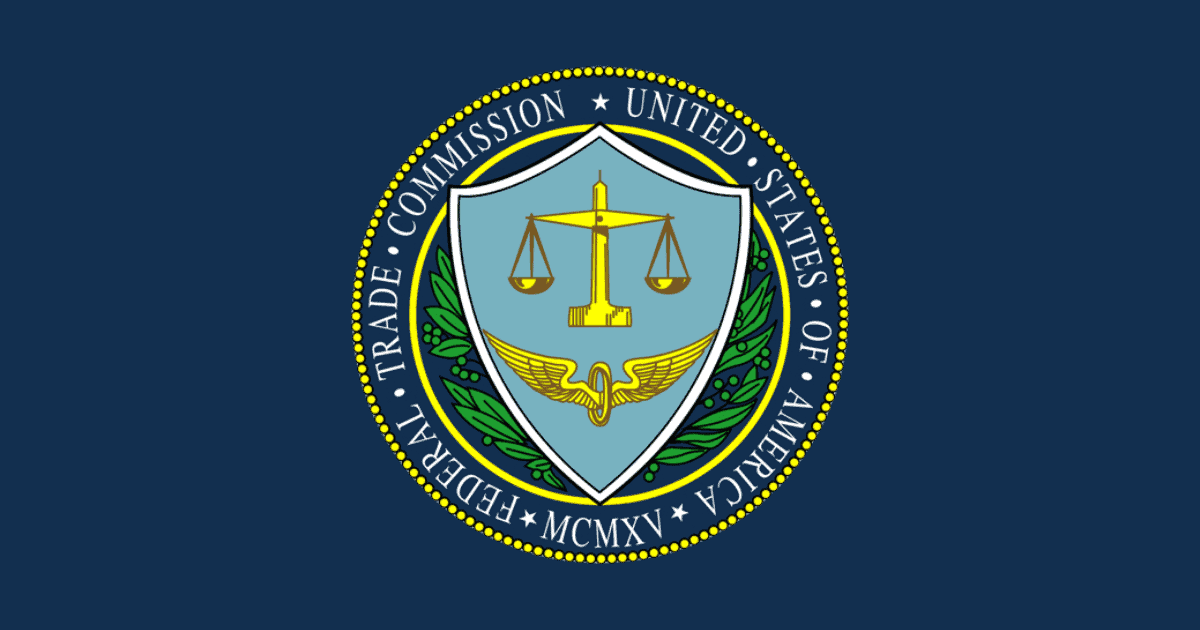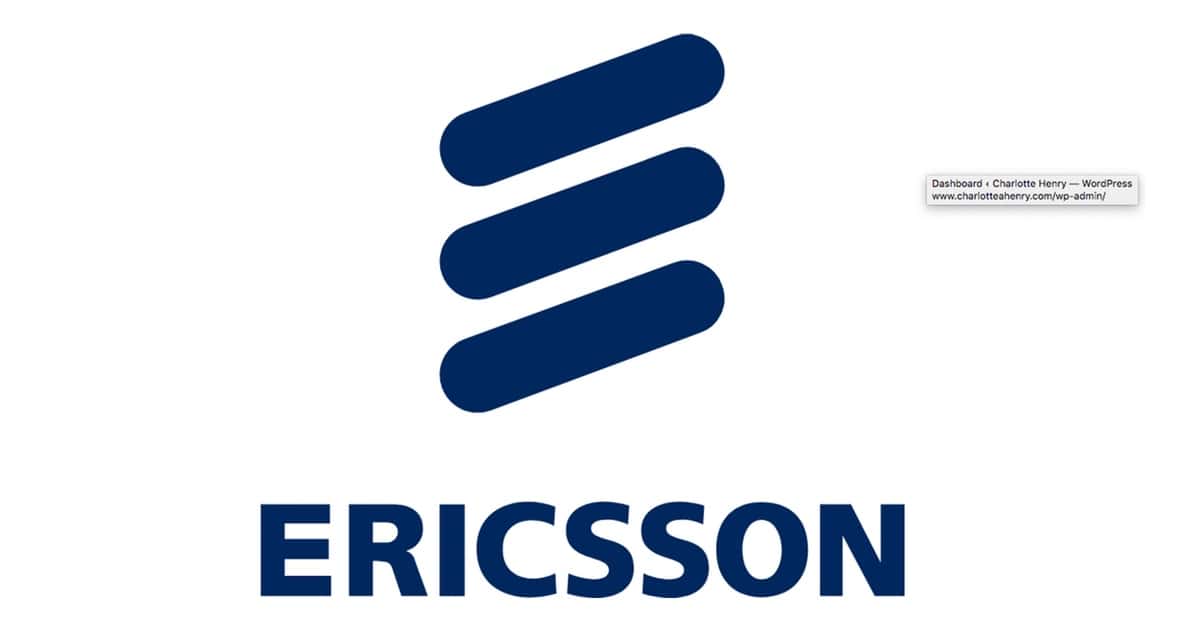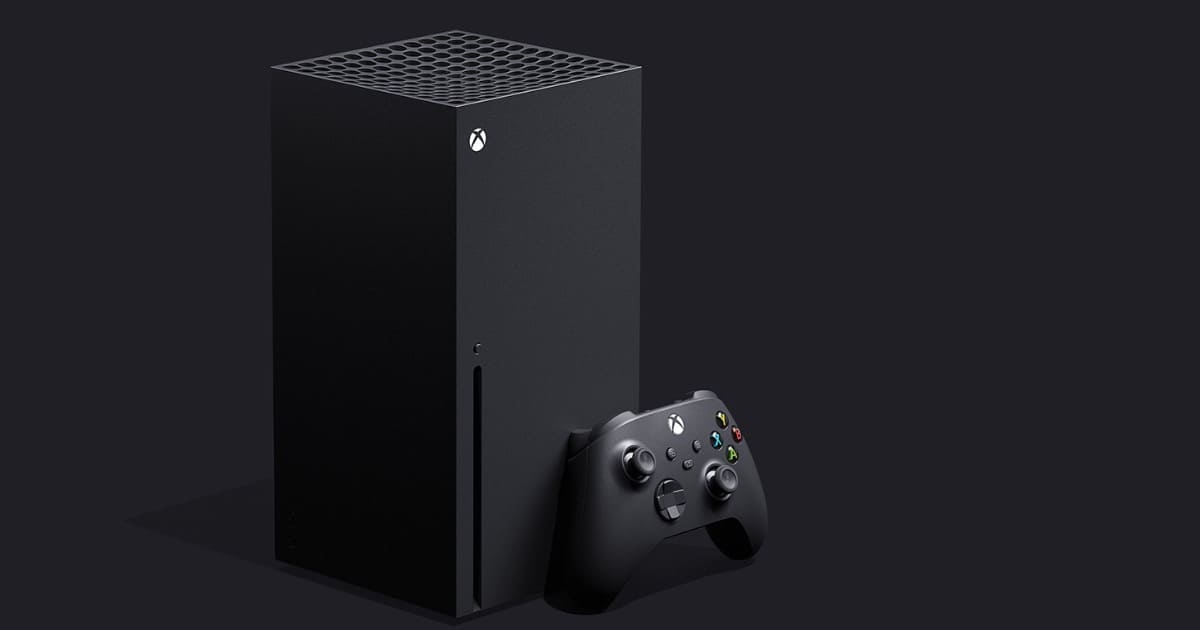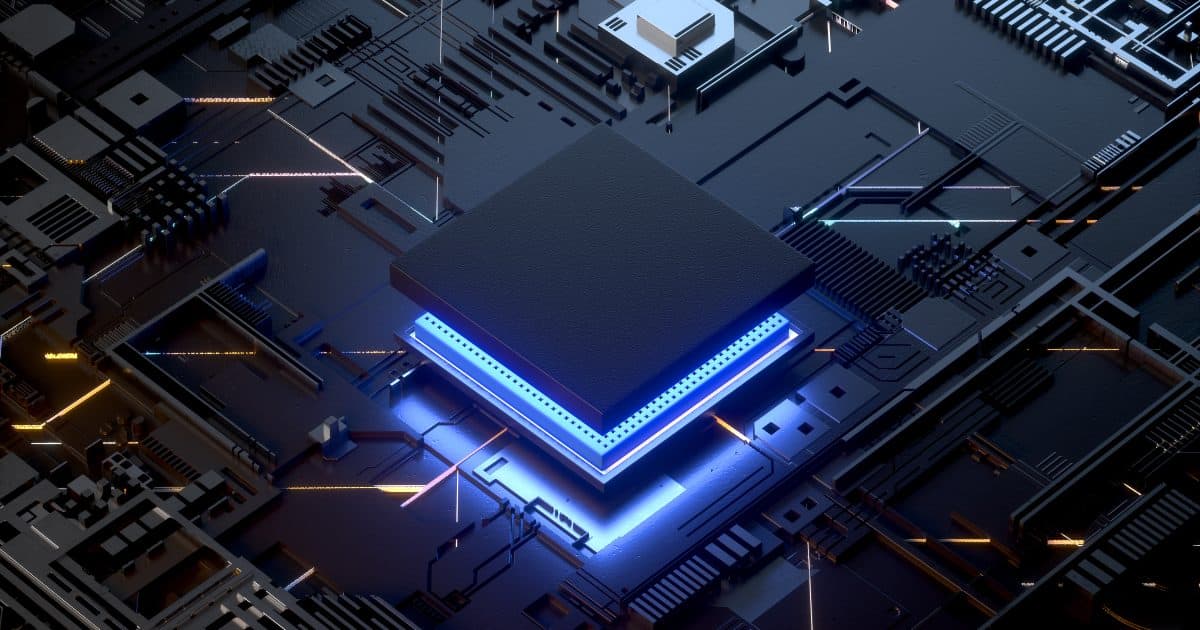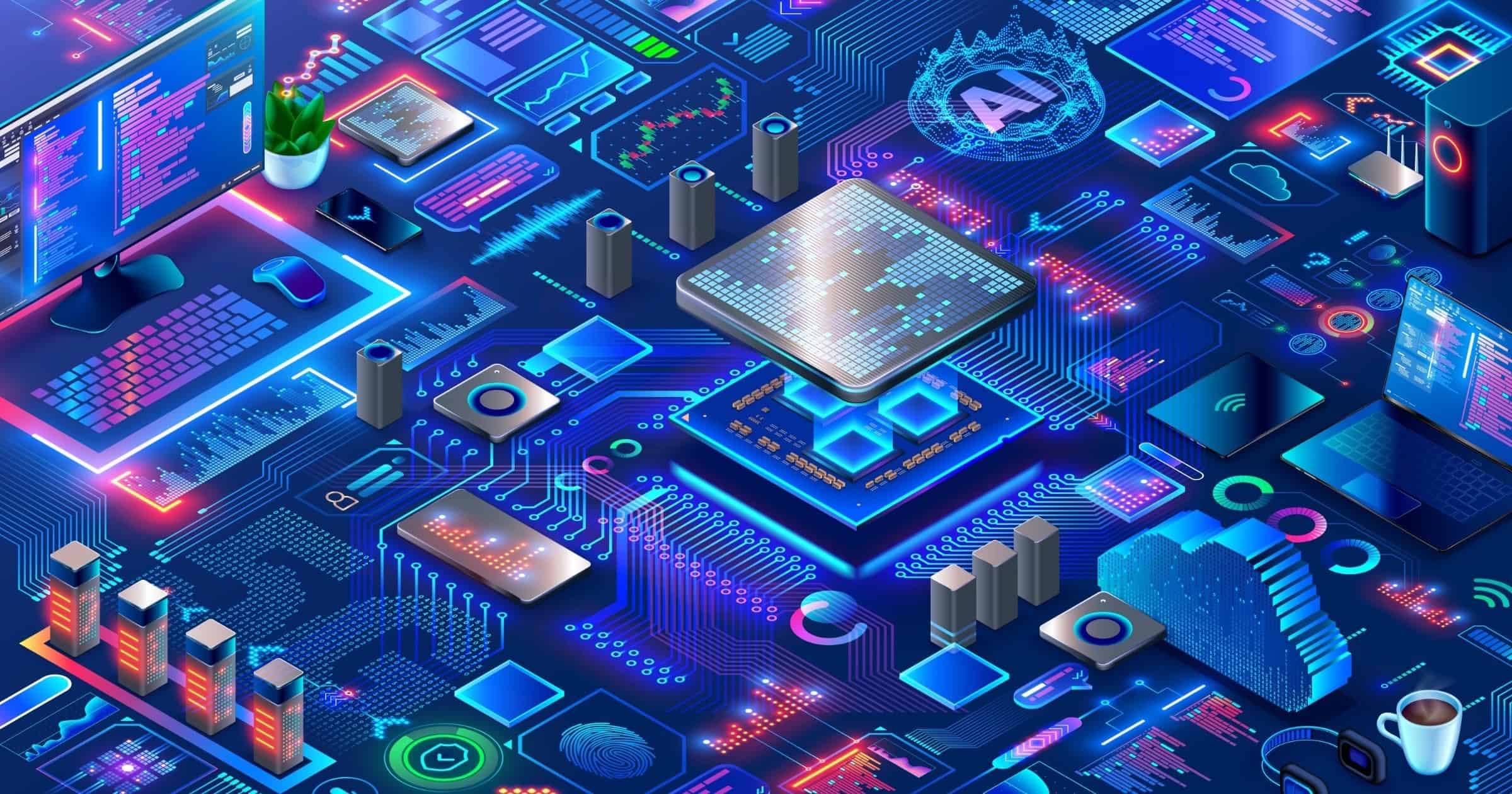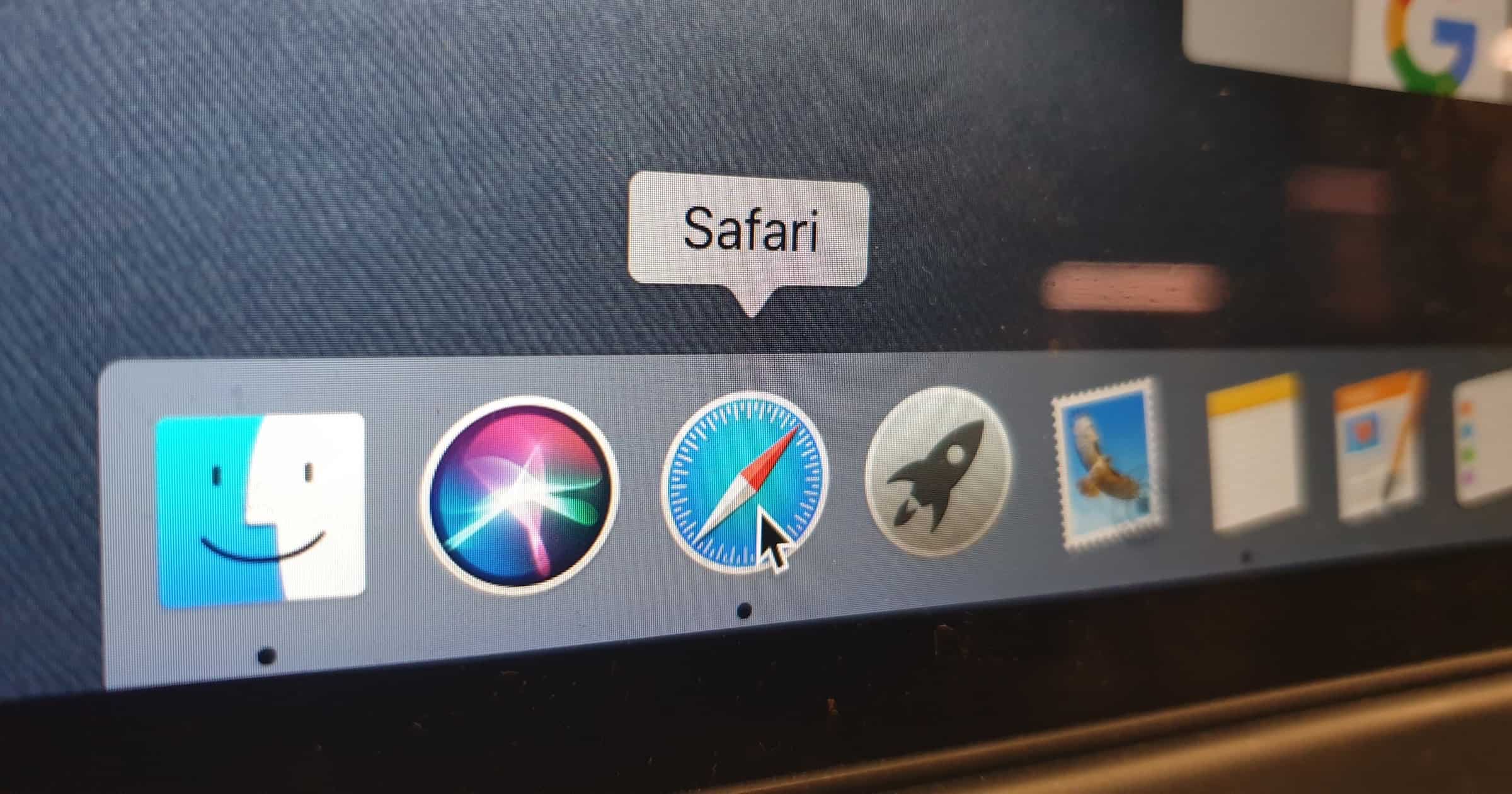Enter our new international giveaway for a chance to win the brand new iPhone 16 Pro.
VSCO Introduces New Infrared Photography Presets for Mobile Users
VSCO introduced a new set of infrared photography presets on Tuesday. The IR4 to IR7 range is designed to aid mobile photographers.
Microsoft Office Update Brings Full Native M1 Support to Excel
The latest version of Microsoft Office for Mac, version 16.57, introduces full M1 native support to Excel.
US Antitrust Enforcement Opens for Public Comment by Agencies
The U.S. Justice Department and Federal Trade Commission (FTC) want to improve the currently antitrust enforcement in the country.
YouTube Killing Off Originals Business
YouTube is abandoning its originals play, and the head of the division, Susanne Daniels, is leaving the company in March.
'Canopy' Security Project Aims to Reduce Automobile Thefts
Canopy, a new security project from Ford and ADT, seeks to reduce automobile-related thefts and vandalism
Ericsson Renews Legal Action Against Apple Over 5G Patents
Ericsson has filed a further set of patent infringement lawsuits against Apple as part of a legal battle over 5G patent royalty payments .
Microsoft's Shopping Spree – TMO Daily Observations 2022-01-18
Charlotte Henry and Andrew Orr join host Kelly Guimont to discuss Microsoft purchasing Activision Blizzard and try to imagine 68 billion dollars.
Twitter Misinformation Reporting Feature Expands to More Countries
Twitter misinformation reporting is a feature the company announced in August 2021. Now it’s rolling the tool out to Brazil, Spain, and the Philippines, reports TechCrunch.
The ability to flag tweets as misinformation allows users to more quickly and directly flag content that may not fit into existing rules, as well. But the reports themselves are tied into Twitter’s existing enforcement flow, where a combination of human review and moderation is used to determine if a punitive action should take place.
Microsoft Acquires Activision Blizzard for Stunning $70 Billion
On Tuesday Microsoft announced an acquisition of Activision Blizzard for US$95 per share, bringing the total valuation to US$68.7 billion.
What Makes a Podcast a Hit? — Media+
Media critic Mic Wright joins Charlotte Henry to discuss the world of podcasting, and what makes a hit. The two share some of their favorite listens as well.
Apple Marks Martin Luther King Day 2022
Apple marked Martin Luther King Day 2022 by dedicating the front page of the company’s website is dedicated to the civil rights leader.
'Wordle!' Developer Sells App Proceeds to Charity
The game Wordle has taken the internet by storm recently. But, there’s a similarly-named app named Wordle! and the developer speaks.
Cravotta chalks the sudden increase up to “major publications” failing to specify “that this was an ‘internet browser’ only game, so naturally people went to the App Store to search Wordle.” Even without that, though, the sudden spate of hard-to-parse, link-free tweets promoting the browser game probably got plenty of people assuming it was a reference to a mobile app.
Hot Cakes Selling Like Microsoft's Xbox Series S, Xbox Series X
Sales of the Series X and S of the Xbox variety have been wildly popular, a report says recently.
The boss of Xbox discussed the commercial performance of the two consoles on a recent New York Times podcast. The Xbox Series X and S were released 14 months ago on November 10, 2020, and Spencer says that “at this point, we’ve sold more of this generation of Xboxes, which is Xbox Series X and S, than we had any previous version of Xboxes.”
Apple Schedules 2022 Shareholder Meeting
Apple’s annual shareholder meeting is scheduled for March 4, 2022. A number of important resolutions are on the agenda and ballot.
Spurs Star Son Heung-Min Meets Ted Lasso
South Korean Tottenham Hotspur star Son Heung-Min shared a picture of himself alongside Jason Sudeikis and Brendan Hunt from ‘Ted Lasso’.
Report Reveals UK Government Push to Attack Encrypted Messengers
The UK government plans an advertising campaign to attack messaging apps that use end-to-end encryption. The details were published recently.
Accessory Picks for iPhones – TMO Daily Observations 2022-01-17
Jeff Butts and Charlotte Henry join host Kelly Guimont to discuss some MagSafe accessories for your iPhone, and a couple of case picks.
Intel 12th-Gen Chips Can't Play 4K Blu-Ray Disks
Intel 12th gen chips don’t support Software Guard Extension (SGX). This means PCs with these chips can’t play Blu-ray disks in 4K resolution.
eNom Data Outage Causing Domain Resolution Issues
An eNom data outage from a data center migration resulted in problems with domain name resolution. Customers report problems with DNS.
Phone Noise Cancellation on iPhone 13 Canceled
If you struggle to hear calls on your iPhone in loud environments, Phone Noise Cancellation can help. Unless you have an iPhone 13, that is. The feature has mysteriously gone the way of the dodo bird for owners of the latest Apple smartphone.
Amazon Pauses Ban on UK Visa Payments, Discussions Ongoing
Amazon has paused its plans to stop taking Visa payments in the UK as the companies continue talks in a bid to resolve the issue around fees.
'TinyML' Wants to Bring Machine Learning to Microcontroller Chips
TinyML is a joint project between IBM and MIT. It’s a machine learning project capable of running and low-memory and low-power microcontrollers.
[Microcontrollers] have a small CPU, are limited to a few hundred kilobytes of low-power memory (SRAM) and a few megabytes of storage, and don’t have any networking gear. They mostly don’t have a mains electricity source and must run on cell and coin batteries for years. Therefore, fitting deep learning models on MCUs can open the way for many applications.
Safari 15 IndexedDB Bug Leaks Your Browsing Activity to Third Parties
On Friday, a report from FingerprintJS revealed a Safari 15 IndexedDB bug that can leak your internet activity to any website.
Apple Requiring Store And Corporate Staff to Get Covid Booster
Apple Store and corporate staff are required to get a Covid vaccine booster, with testing requirements increased for those who do not.



